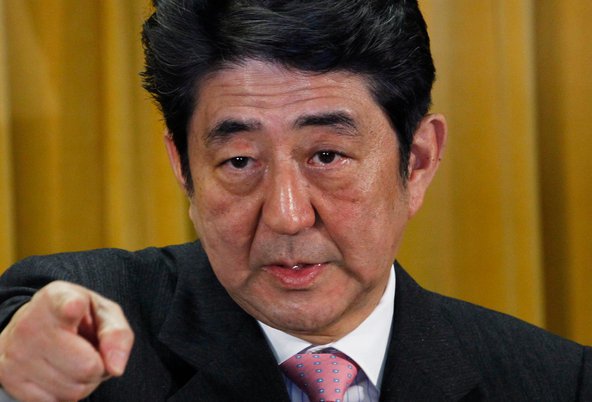Shinzo Abe won the election and his ruling Liberal Democratic Party (LDP) and coalition partner maintained a super majority. The leading LDP party along with its coalition partner, New Komeito, won at least 317 seats in Japan’s 475-seats.
The LDP-led coalition victory could ease Abe’s path to re-election in a party leadership race next September, boosting the likelihood, but by no means guaranteeing, that he stays in power through 2018 and becomes one of Japan’s rare long-term leaders.
The main opposition Democratic Party of Japan (DPJ) was set to fall short of the 80 seats some predicted they would win, largely due to voters’ memories of a 2009-2012 rule plagued by policy flip-flops, infighting and three premiers in three years.
Abe’s economic policy hit a snag when Japan slipped back into recession in the third quarter, amid weak consumer and corporate spending. Analysts blamed that on April’s rise in the consumption (sales) tax from 5% to 8%, which battered consumer spending.





